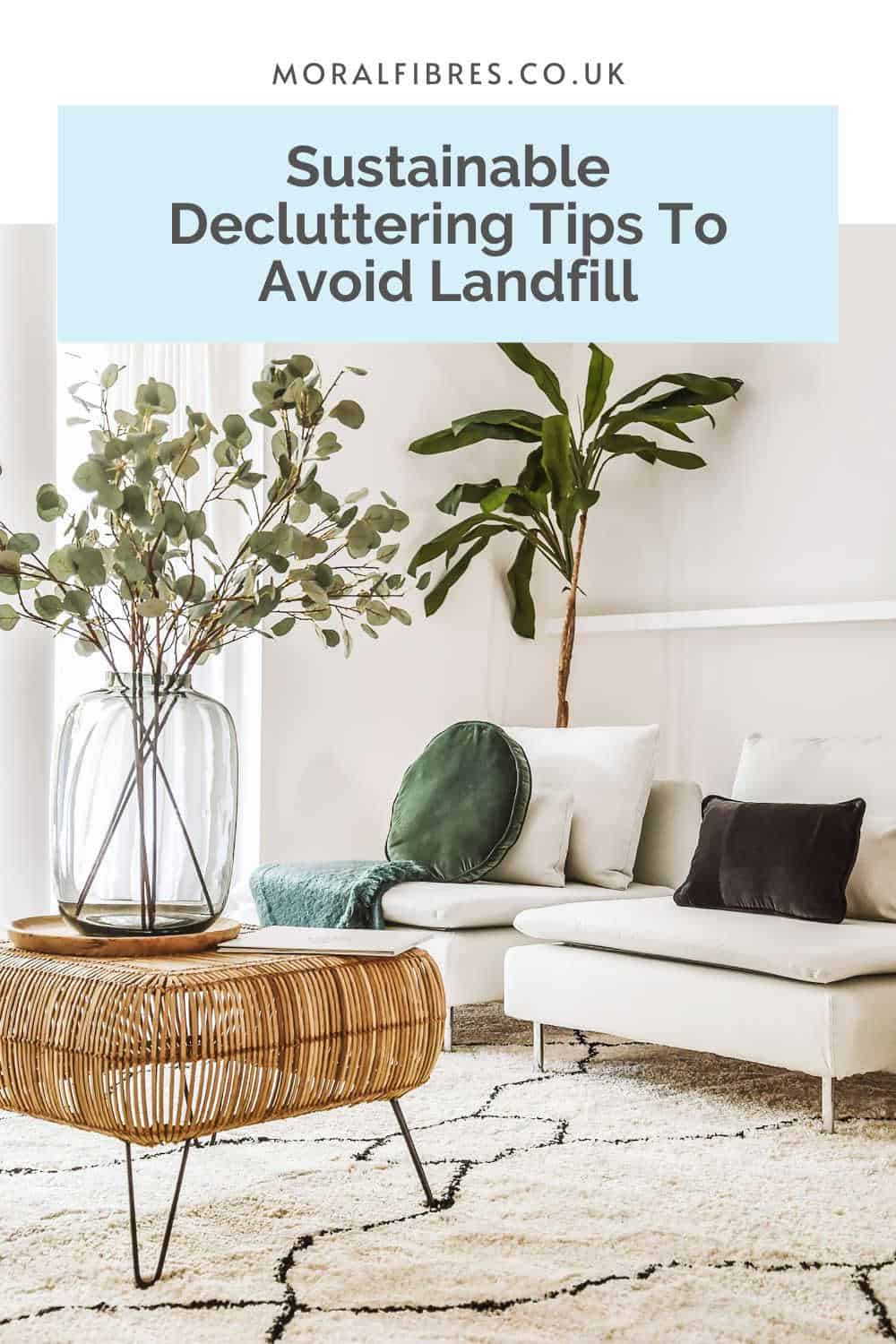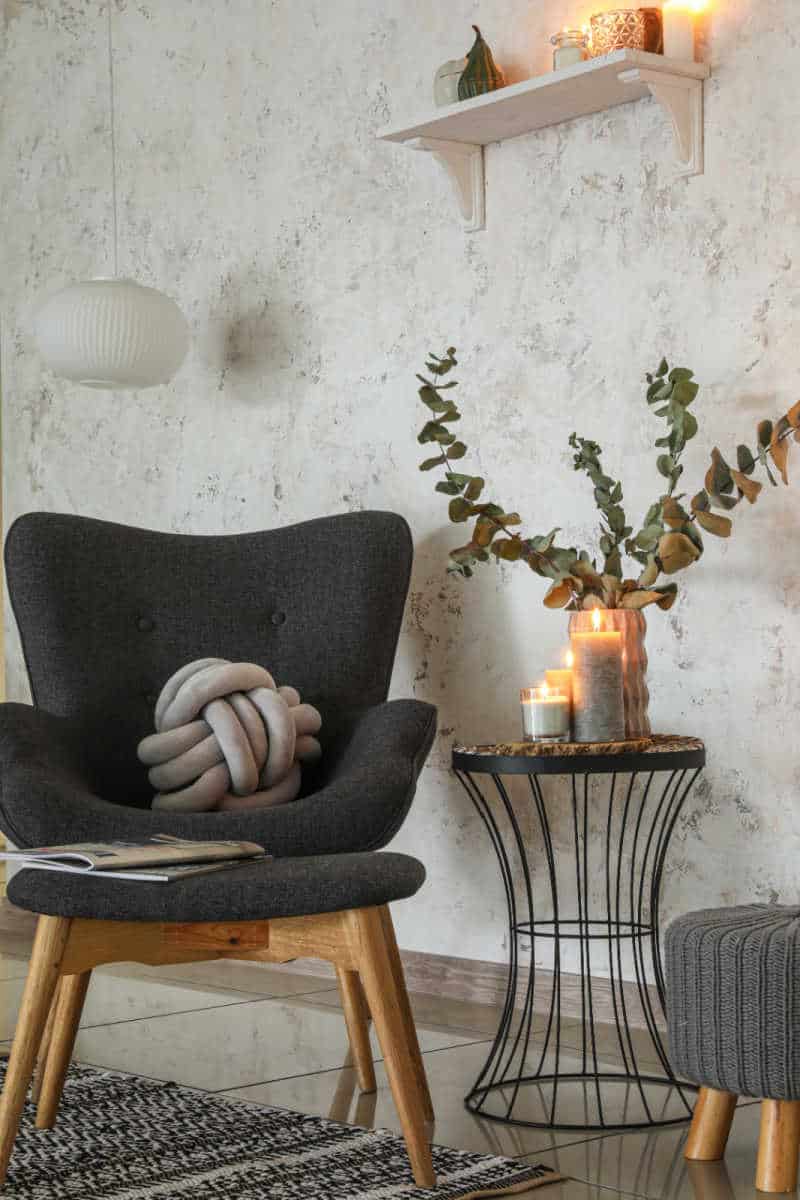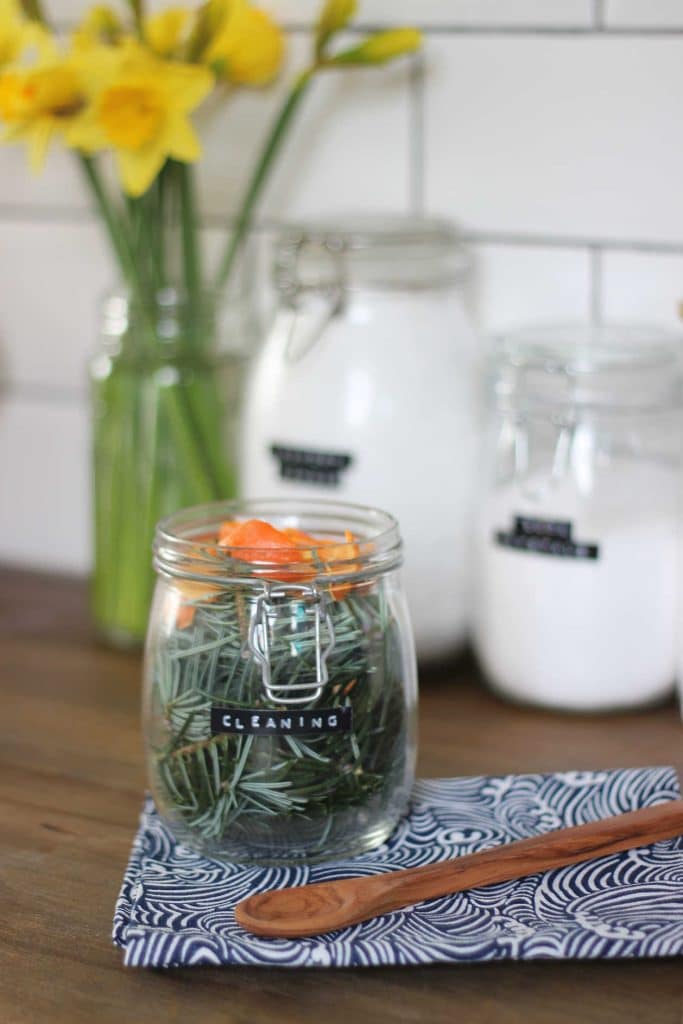Sustainable Decluttering Tips To Help Avoid Landfill
To support the running costs of Moral Fibres, this post contains affiliate links. This means Moral Fibres may earn a small commission, at no extra cost to readers, on items purchased through these links.
Looking to declutter your home sustainably? I’ve got lots of tips to help keep your unwanted possessions out of landfill – for every item you could ever imagine.
If you’ve ever looked around your home and felt overwhelmed by stuff, then you’re not alone. Clutter can be overwhelming, and getting rid of stuff that is bringing us down can feel incredibly liberating. After all, studies have shown that living in a tidy home can support better mental health.
But have you ever wondered what happens to our things when we no longer want them? The truth is, unless we properly recycle our stuff, then when we throw things ‘away’ there is no ‘away’. Away may mean landfill, it may mean incineration, or it may mean clogging up an illegal landfill in South-East Asia.
So how do we declutter without simply sending our excess stuff to landfill – here or abroad – or incineration? Good news, I’ve got heaps on decluttering your home the sustainable way.
Tips on Decluttering Sustainably

When you’re cleaning out drawers and cupboards it can be tempting to put everything in a black bag and put it in the bin. Or perhaps you might feel guilty, and instead, give it all to a charity shop.
The problem is that charity shops may not be able to sell your item and it may end up in the bin. Or dealing with your waste may end up costing the charity money to sustainably dispose of your waste.
So before you send all your clutter to landfill or the charity shop try my top tips:
- Clothing
- Furniture & Homewares
- Books, Magazines, Videos, CDs and DVDs
- Electronics & Electrical Goods
- Toys & Games
Clothing
The most sustainable way to declutter clothing is to pass it on or sell it. This is because charity shops can’t always sell what we donate to them.
In fact, as much as 70% of all UK reused clothing donated via charity shops, clothing banks, and doorstep collection bags heads overseas. Here it is chopped up into rags, sold at markets, or thrown into landfills. This can cause pollution and devastate local textile industries.
Here are my top suggestions for the best sites to sell your secondhand clothes online. Other options include having clothes swaps with friends or taking part in locally organised clothes swaps.
Bras that no longer fit you, but are still in excellent condition can even be donated to bra recycling companies. Yes, there are such things! Old pairs of glasses can also be recycled.
For clothes that are beyond the point of reuse, I’ve got heaps of ideas of what to do with clothes that cannot be donated. From manufacturer take-back schemes to ways to upcycle your old stuff, I’ve got heaps of ideas.
Alternatively, you can pop these into bags marked as rags and donate them to your local charity shop. The charity shop can sell these on to the rag trade. This way, the charity shop still receives some money.
Textile recycling companies can then recycle these unwanted items of clothing into things like fillings for use in mattress production, or for producing filling material for furniture padding, panel linings, loudspeaker cones, and car insulation.
It’s not a perfect solution. There can still be waste associated with this as the system can’t cope with the volume of textile waste we produce (thanks fast fashion). But it is better than putting your old stuff straight into landfill.
Furniture & Homeware

When it comes to sustainably decluttering furniture and homeware, I have found that Facebook Marketplace is a great place to list your unwanted furniture and homeware, for free, for local collection. You can give items away for free, or sell your items to make back a bit of money on your clutter.
For other items that you don’t need and don’t want any money for, Freecycle is also brilliant. I have listed so many things I no longer need on Freecycle and without fail, everything has been taken. Even random things you might think no one would want or need can be listed on Freecycle. I’ve seen so many strange things listed on there – from empty toilet roll tubes to old VHS tapes – that all seem to get snapped up.
The last item I listed was some bits of wood leftover from doing some home renovations. This was snapped up within a day. It turned out to be just the thing the lady needed to finish off her bathroom renovations! Someone else’s rubbish really is someone else’s treasure!
I’ve also had a lot of success with using Gumtree to list things for free. We upgraded our washing machine a couple of years ago to a combined washer and dryer. The old one was at least 9 years old but it still ran fine, it just didn’t meet our needs anymore. The company we bought our new machine from offered to recycle it if we paid them £25 for it.
Instead of scrapping a perfectly good machine, and spending money unnecessarily, I listed the machine on Gumtree, in their freebie section, as free to a good home. I received about 40 emails in the space of an hour. In the end, it went to a man who was setting up his own flat and couldn’t afford to buy a machine. This is way better than scrapping the machine. He even picked it up on the same day as I listed the advert!
I’ve also had success selling smaller homeware items that I’m happy to post on eBay.
Books, Magazines, Videos, DVDs & CDs
Doctors and dentist surgeries will always welcome old magazine donations. Do phone ahead though before you rock up with a stack of magazines! Alternatively, try listing them on Facebook Marketplace.
For CD’s, DVDs, and computer games I’ve had success with selling them through Music Magpie. You simply scan your items via your phone, box your items up, and a courier company collects your box. Alternatively, check out my post on more suggestions for how to recycle your old CDs.
Charity shops are great places to donate books. Some shops and community centres may also run free libraries that may need donations. Alternatively, there may be a Little Free Library in your area that may want some or all of your books. Hospitals may also want donations of books.
Old videos can be tricky to recycle. However, I’ve got heaps of ideas on what to do with your old videos – including the best places to sell them for top prices. VHS tapes are highly sought after by collectors right now. So who knows, you could be sitting on a goldmine!
Electronics & Electrical Goods
For electronics and electrical goods that still work, then selling or passing them on to others through Facebook Marketplace, Gumtree, Freecycle or other communities is a great step in decluttering sustainably. Charity shops don’t tend to take electrical goods – do check with your local shop before you turn up with anything.
For mobile phone recycling, there are heaps of companies on the internet that will recycle your old phone. I’ve used Fonebank and Mazuma before – both seem to offer good prices.
If your item is broken, then you could offer them free of charge on an online marketplace for parts or spares. Alternatively, your local household recycling centre and most electrical retailers will recycle your electronics and electrical items for you, free of charge.
Toys & Games
For baby and toddler toys that are in great usable condition, try your local baby and toddler group. Most are community-run and welcome donations of age-appropriate toys. I’ve passed on a few toys to my local groups, and it gave me such a warm glow to think that my daughters’ old toys get a new lease of life.
Selling sites are also good places to sell or pass on for free your kid’s toys to other families. And for baby gear, clothes and toys you can also try one of the NCT Nearly New Sales around the country.
If you have any paddling pools or other inflatables that can’t be repaired, try my guide on where to recycle inflatables.
What Won’t Charity Shops Take
I always feel that dumping everything we don’t want in charity shops isn’t particularly sustainable. There might be some items that you are unable to sell or pass on yourself, but before you bundle them in bags for your local charity shop remember that charity shops won’t take everything.
Some of the things they won’t take are:
- Electrical goods (some do so do check with your local shop).
- Gas appliances.
- Bikes or helmets.
- Toys without a CE mark
- Food and drink items – try Olio for passing on in-date produce.
- Medication or vitamins.
- Personal items such as shavers or epilators (unless new and sealed in a box).
- Any soft furnishings (such as sofas and cushions) and teddy bears without a fire label on them.
- Old pillows and duvets. Here’s what to do with old pillows instead.
Also bear in mind that charity shops want high quality, desirable and sellable donations. Be honest with yourself before you donate an item. Would you buy that item if you saw it for sale in a charity shop? If not, find someone who does want the item or recycle it if possible.
Unwanted Goods for Recycling
Your local community recycling centre can take a whole host of items for recycling, free of charge. These include items such as energy-saving light bulbs, batteries, mattresses, and even water-based paints and tyres (if your decluttering takes you as far as your garage or shed!).
Just search your local council’s website for where your nearest community recycling centre is, and what they can take. Make sure your waste is separated before you go!
Some charities will also take open tins of paint. You can search for your closest charity through the Community RePaint network.
Sustainably decluttering your shed? There are a few bike recycling charities around the UK that take unwanted bikes, recycle them, and sell them. Just search for “bike recycling” in your area – they may even be able to collect your bike from you. Alternatively, you can take them to your local community recycling centre, which then passes the bikes on to local charities.
Unwanted Items You Want to Sell

For items you want to sell, Facebook Marketplace, Gumtree, Preloved and eBay are all brilliant for decluttering sustainably.
There are no fees to pay for selling on Facebook Marketplace, Gumtree or Preloved, and these work much like classified ads in your local paper. Simply list the item, let interested buyers contact you, and then come to yours to pick it up and then pay cash in hand.
For items that you are selling that you intend on the buyer collecting from you then stick to Facebook, Gumtree or Preloved. eBay’s seller fees can be pretty high and it isn’t worth it when you can list on other sites for free.
For smaller items that you can post, although eBay fees are high, it’s worth it to get a nationwide or worldwide audience There are quite a few other online auction sites out there but I tend to stick to eBay as it’s the most well-known and well used.
When selling on eBay take good-quality photos, and write a clear and accurate description of the item. And when you write the title of your auction use up as many of the characters as possible with good descriptive words. Just think what words you might type if you were looking to buy that item. Think colour, age, condition, brand, etc.
I tend to start auctions at prices as low as possible. I list most of my items with a starting bid of just 10 pence. This is because I find this gets people’s attention and interest. Consequently, I find that items tend to go for much more than when I used to list them at higher prices! If this approach makes you uneasy you can always place a reserve price. This is the minimum you want to sell an item for. However, in all my years of selling on eBay (20 now!) I’ve never actually had to set a reserve price.
Alternatively, there are car boot sales up and down the country that you can sell your goods at for a fee. Alternatively, you can recycle things for cash – from empty gin bottles to wine corks and a whole lot more.
How to Get Started Decluttering Sustainably
If you’re finding it hard to know where to start, then start small. Pick one drawer or one cupboard and start from there. You can work up to bigger areas once you’ve gained some momentum. I find doing one small area at a time and setting a timer for 15 minutes makes it seem like a less overwhelming task.
If you’re not sure whether to get rid of any item or not then place it in a box or bag and place it out of sight for a month. If you haven’t needed the item or thought about it after a month then it can go!
Finally, the best tip I’ve ever heard for decluttering sustainably is not to get too sentimental about objects. Of course, there are some things that you should keep, but other less inconsequential items can go. All you have to do is remember that by getting rid of the item you’re not getting rid of the memory.
Good luck!
Found this post useful? Please consider buying me a virtual coffee to help support the site’s running costs.





If you have friends with dogs, offer them your old towels. Always useful for drying them off in winter! Same goes for plastic bags too for cleaning up after them!
Glad to hear you take magazines to the doctor’s surgery too. I get stared at as if I have two heads when I walk into mine with a handful of magazines! They look so baffled that I quickly caveat my offer with ‘they are family friendly!’ I have to say, on the few occasions I go to the surgery, I never see them in the waiting room. I suspect they do the rounds amongst the secretary but i don’t mind. As long as a few more people get some use out of them before they are recycled…
My surgery are quite good at taking them! I think they appreciate magazines that aren’t People’s Friend, which is what’s normally in there!
Very informative article!
Ohh I’ve never heard of Preloved, I’ll check that out!
We’ve used Music Magpie and although we didn’t get a lot of money per item it added up quickly and it was so easy as they came to pick them up – £40 for stuff just lying around the house seemed pretty good to me!
I just used Music Magpie – we got £40 too! Must be their magic number!